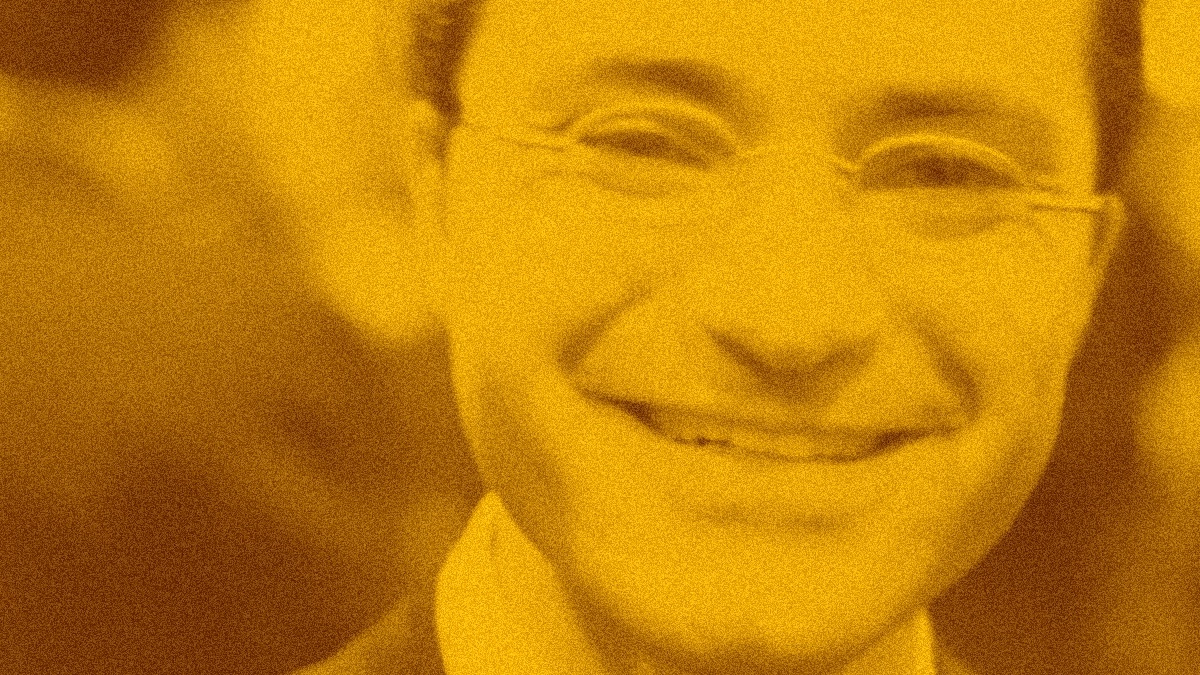Episode 54 of The Informed Life podcast features a conversation with psychiatrist, psychoanalyst, and productivity expert Kourosh Dini. Over the last couple of years, I’ve been using DEVONthink as a knowledge management repository. DEVONthink is a powerful and complex tool, and I only really started to see real productivity gains in using it after I read Kourosh’s book, Taking Smart Notes with DEVONthink, so I wanted to know how Kourosh uses the tool.
We started by discussing the idea of ‘smart notes’:
You have a single note that has maybe a single idea to it, and then you connect that to other notes. And what makes it smart, I think, is where you start to reflect on those notes. How you start to develop them over time, how they start to argue with each other in time because what you’ve written now is different than what you’ve written in the past, and you start discovering things. It’s not so much the notes themselves, so much as the effect they have on you, I suppose.
This is a more deliberate style of note-taking than what many of us did at school, i.e., trying to take down what the teacher said. Smart note-taking requires effort and practice, but it can be greatly eased with the right tools. Both Kourosh and I discussed several suitable apps in the show, but DEVONthink has merits that make it especially useful.
Among these, it has powerful AI and tagging features. I was especially intrigued by the latter, since I always wonder if I should be tagging notes at the moment of capture (when the ideas are freshest, but I run the risk of breaking ‘flow’) or during reflection (when I have more bandwidth but risk losing context.) I asked Kourosh about this, and his answer made me reconsider how I’m tagging my notes:
If I have a particular project or something that I’m working on, and there are notes, ideas, that are related to it, I might give it that particular tag. The second way you described it is I might tag something with multiple tags and those multiple tags may not fully describe everything about it. That second way I avoid. Any tag that I have, I’ve made it a principle for myself to have a very clear purpose.
Since we recorded our conversation, I’ve been more deliberate (and restrained) with how I tag content in my system. This makes it faster and easier to tag things, even if it comes at the expense of some of the bottom-up serendipity I’m trying to create with my notes and bookmarks. (DEVONthink’s AI should help fill in the gaps.) The goal is to have an external idea repository that makes it easy to spark connections. As Kourosh described it,
You want the ideas to be able to come to you when and where they are useful to you, and you want them to stay out of the way otherwise.
I hope this conversation is as valuable to you as it was to me.
